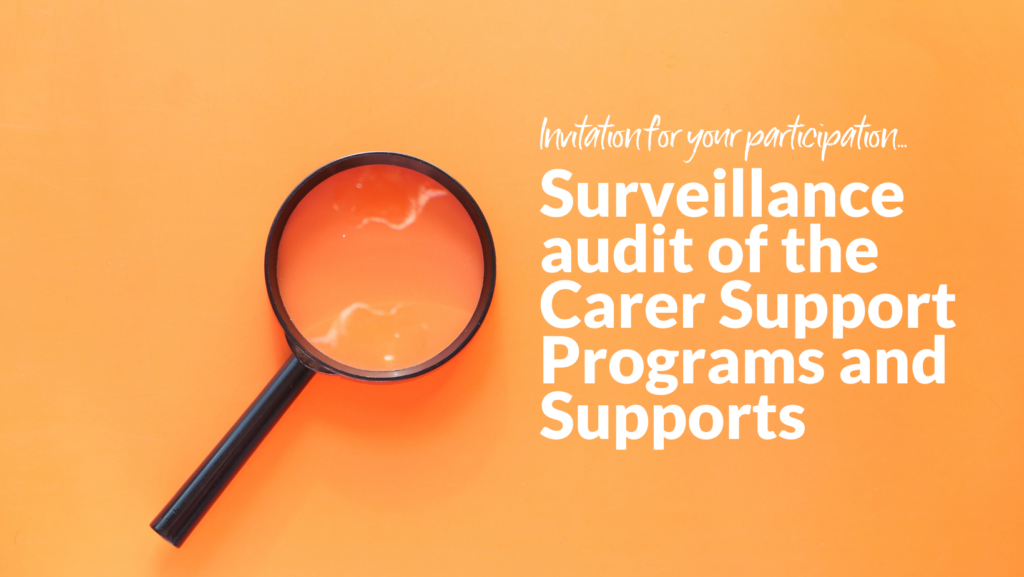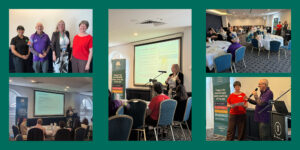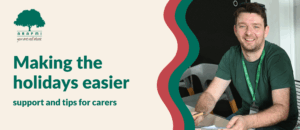We are starting 2022 with our external surveillance audit. On 4 January 2022 Arafmi Carer Programs and Supports will be audited against the National Standards for Mental Health Services 2010.
This audit includes reviewing policies, procedures and practices to ensure the standards are being met and any areas for development are identified. The focus will mainly be on Standard 7 – Carers and Standard 8 – Governance, Leadership and Management.
We will be visited at head office by Beth Jooste, Lead Auditor for Sai Global and a client representative. The auditors will spend the day reviewing documentation, meeting with the Carer Support Team and Management staff and connecting with carers.
If you would like to provide feedback to the auditors via the phone on the afternoon of Tuesday, 4 January 2022 please email your interest to alextyson@arafmi.com.au by Monday 20 December 2021. We can then make contact to provide further details in preparation for 4 January 2022.



